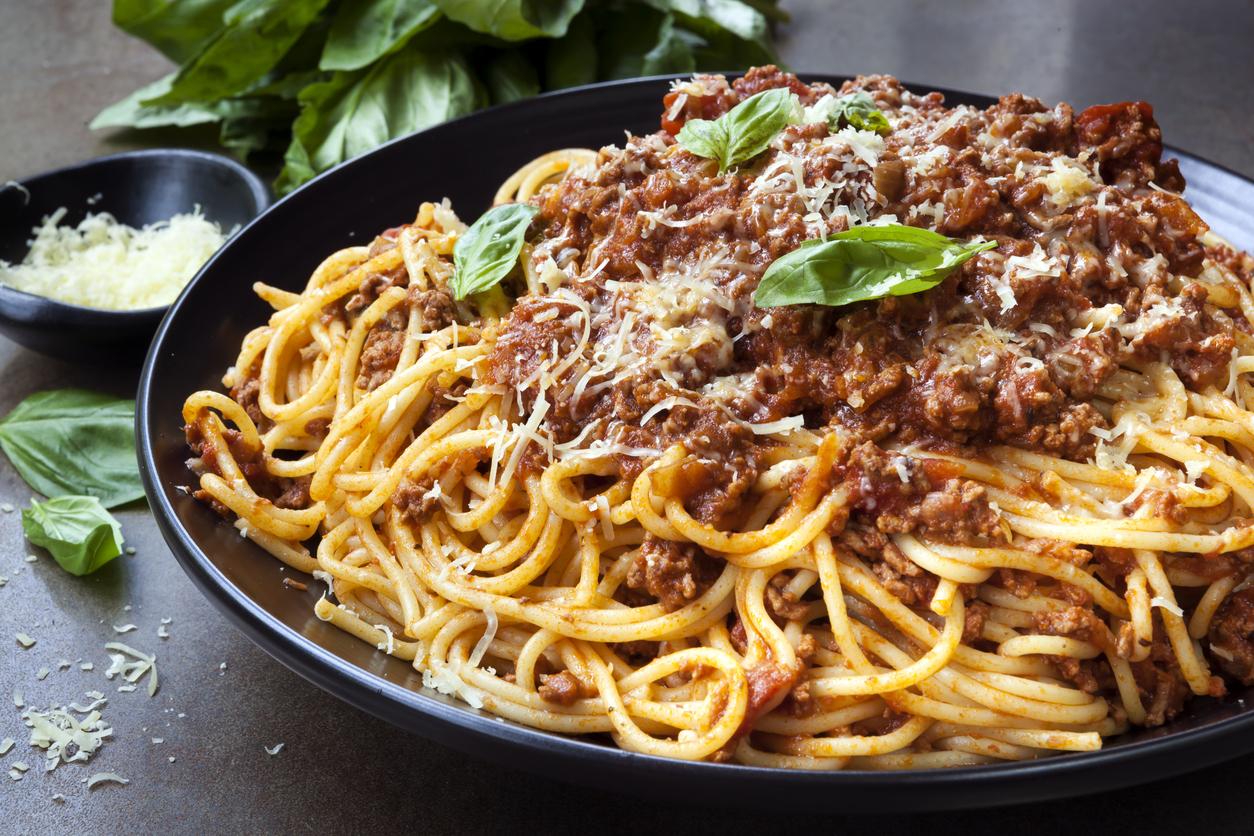Quorn changes labelling to reveal mould is main ingredient
The fungus used to make Quorn has been linked to the death of an 11-year-old boy

Your support helps us to tell the story
From reproductive rights to climate change to Big Tech, The Independent is on the ground when the story is developing. Whether it's investigating the financials of Elon Musk's pro-Trump PAC or producing our latest documentary, 'The A Word', which shines a light on the American women fighting for reproductive rights, we know how important it is to parse out the facts from the messaging.
At such a critical moment in US history, we need reporters on the ground. Your donation allows us to keep sending journalists to speak to both sides of the story.
The Independent is trusted by Americans across the entire political spectrum. And unlike many other quality news outlets, we choose not to lock Americans out of our reporting and analysis with paywalls. We believe quality journalism should be available to everyone, paid for by those who can afford it.
Your support makes all the difference.The makers of the meat substitute Quorn are changing their labelling in the US to highlight its main ingredient is a type of mould linked to the death of an 11-year-old boy.
Quorn Foods Inc., which makes substitutes for products including mince and sausages, has agreed to clearly label Mycoprotein which can cause an allergic reaction in rare cases. Mycoprotein is made using the Fusarium venenatum fungus in vats, similarly to yoghurt and beer.
The US campaign group the Centre for Science in the Public Interest (CSPI) claimed that around 2,500 consumers have complained of experiencing adverse reactions after eating Quorn products, including anaphylactic shock and vomiting, according to the Daily Mail.
In one such case in June 2013, 11-year-old Miles Bengco from California ate a Quorn “Turk’y Burger” for dinner, and died the next morning.
His mother was aware that he had a mould allergy, but did not know that Quorn Food Inc.'s trademarked Mycoprotein is a type of fungus, Food Safety News reported.
Quorn has accused the legal team representing the Bengcos of making “false and unfounded” allegations. The firm has also commented that its products are “benign as a potato” and accused the CSPI of “deceiving the public”.
The change comes after a consumer named Kimberly Birbrower filed a civil lawsuit on behalf of anyone in the US who bought a Quorn product between January 2012 and December 2016.
Reports say the firm pay up to $1.35m in legal fees to Ms Birbrower, and establish a settlement fund of $2.5m to repay customers misled by the labelling, although the firm itself said no figures have yet been finalised.
Quorn products containing the fungus in the US must now be labelled with the statement: “Mycoprotein is a mold (member of the fungi family). There have been rare cases of allergic reactions to products that contain mycoprotein.”
There is no link between the class action lawsuit and the death of Miles Bengco.
Kevin Brennan, the chief executive of Quorn, said that Mycoprotein has been clearly marked with a warning on UK packaging for years and that its safety record is “exceptional”.
A spokesperson for the company said: "We continuously update and evolve our labelling across all markets, including the US, and advise consumers to be mindful of their personal sensitivities when introducing Quorn into their diet, and have updated our packaging to explain possible sensitivities some may have when eating Quorn, despite reactions to Quorn products being significantly less common than foods such as soy, nuts and shellfish.
"Quorn products are made in North Yorkshire and have been enjoyed by UK consumers for more than 30 years. It complies with all required UK regulatory and international regulatory standards. Our products are eaten in one in five UK households each year.
"Quorn’s main ingredient, Mycoprotein, is not classified as an allergen in any of the 16 countries where it is currently sold. The UK Food Standards Agency states that 'between 1 in 100,000 to 200,000 people will react' or be intolerant to Quorn products. By comparison, one in 200 people are thought to be intolerant to soy."
Join our commenting forum
Join thought-provoking conversations, follow other Independent readers and see their replies
Comments